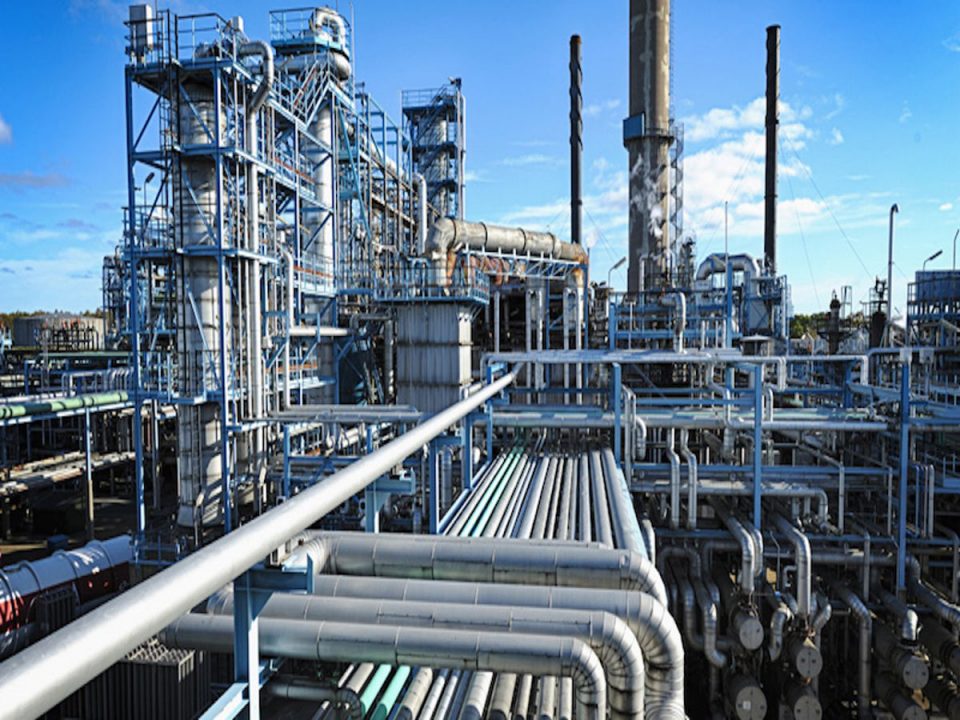IN contemporary Nigerian business context, oil mining leases are like the gold fish that cannot be hidden. And that is why oil mining leases 123, 124, 126 and 137 made headline news 23 years ago and they are back in the media space creating waves once again. They hold huge potential for Nigeria and everyone and can, therefore, not remain idle!
It is a fact that in 1998, the Nigerian National Petroleum Corporation, NNPC, entered into a 20-year Production Sharing Contract, PSC, in respect of certain oil mining leases (OMLs) with Addax Petroleum, a company listed on the Toronto Stock Exchange, TSX. The PSC was subsequently extended for a further four years, until 2022. The assets were OMLs 123, 124, 126 and 137.
Under the PSC, Addax fully funded and operated the development of the OMLs, with profit shared between Addax and NNPC. From 1998 until 2009, Addax increased production in these OMLs to about 130,000 bopd. In 2009, Sinopec (a Chinese state-owned company) purchased Addax Petroleum. As a result, Sinopec obtained the rights to these assets.
Of serious concern to the administration at the time was the fact that no payments were made to the Federal Government during the purchase by either party. As if that was not enough, there have been no new investments in the assets in recent years, coupled with the realisation that by early 2021, production had plummeted to a mere 25,000 barrels per day. The resultant negative effect of this development is a significant reduction in revenue accruing to the Nigerian government at a time when more resources are required to meet its rising services to its citizens.
Beyond this, large gas resources in the assets remain undeveloped as excess gas is continuously being flared to the atmosphere, contrary to Federal Government of Nigeria’s policy and industry best-practice.
Apparently reading the handwriting on the wall, Sinopec has since year 2017 been trying through a private sales process, to divest its rights in the Profit sharing contracts, which are due to expire in July 2022 to a third party of its choice. In March 2021, Mr. President through the Department of Petroleum Resources, DPR, announced the revocation of the PSC rights to Sinopec and assigned the rights to an indigenous consortium of Kaztec Engineering Limited and Salvic Petroleum Resources, a development that was received with excitement by industry watchers and indigenous players in the nation’s oil and gas industry.
The enthusiasm that greeted the assignment of the PSC rights to the indigenous consortium was palpable clearly because of the improved benefits the deal was to bring to the country and its people.[
Under the deal, the new consortium was expected to, among other things, operate the OMLs under a profit sharing contract with the NNPC, pay a good and valuable consideration, GVC, of $340 million at the commencement of the deal, develop the significant oil resources, which have been lying untapped and ramp up production from the current 25,000 barrels per day, which does not help much economically.
It was also expected to commence the development of the huge gas resources within 24 months for both local and international markets in line with the Federal Government’s ambitious gas market development and push up investments in the OMLs with a view to increasing production revenues, royalties and taxes to the government in addition to the upfront of good and valuable consideration.
Many who are familiar with the track record of the new operating consortium, are happy that the government has carefully chosen them because of their familiarity with the assets involved in the PSC. It is on record that Kaztec, one of the leading indigenous companies with vast experience in offshore and onshore petroleum E&P, has collaborated with the previous operator on the assets for many years. The essence, therefore, is to ensure a seamless transition of operations with no disruptions in production or loss of revenue to the government.
The choice of consortium is also in tandem with the Nigerian Oil and Gas Industry Content Development (Local Content) Act, which was enacted in 2010 to promote indigenous operation of Nigeria’s oil and gas assets. Under the Act, seasoned Nigerian independent operators like Kaztec and Salvic are to be given first consideration in the award of oil blocks and oil field licences.
The consortium intends to maximise the potential of the assets to ensure that the government and people of Nigeria reap their full benefits against the backdrop of the ongoing Energy Transition. In addition to optimising production, the consortium intends to deepen relationships with local communities, boost local content in all its ramifications and increase the employment and training of Nigerians, directly and indirectly.
At the urging of DPR, the consortium has engaged with the previous operator clearly to ensure a smooth and amicable transition of operations at the assets.
Interestingly, the DPR also directed that Addax and the new consortium engage in an amicable resolution of all issues including a commercial settlement if needed. These discussions between the new consortium and Addax have already commenced and it is hoped it would lead to a mutually beneficial outcome for both parties and Nigeria.
There is no doubt that a mutually-beneficial deal will emerge given the fact that the DPR had in the past handled complicated PSCs for Nigeria and it should be commended for proactively taking concrete steps to boost the revenue accruing to the government from these underperforming assets. The good thing is that in the end, Nigeria and China continue to enjoy cordial economic, political and social ties, and will cooperate to ensure the mutual development of their countries.




